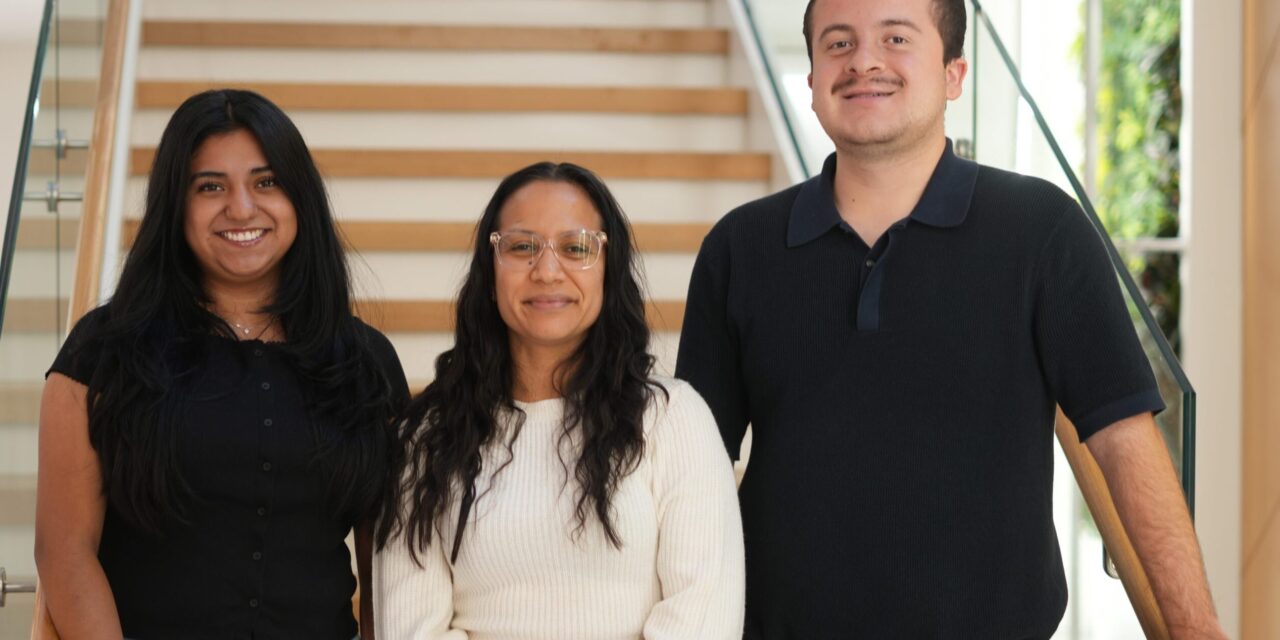
Immigration Policies Threaten Maryland's Education Blueprint Amid Teacher Shortage Crisis
TL;DR
Educators like Dr. Roberts provide critical advantages in addressing teacher shortages and improving student outcomes in underserved communities.
New H-1B visa policies impose a $100,000 fee and wage-weighted system that systematically excludes public schools from recruiting international teaching talent.
Protecting immigrant educators ensures all children have access to quality education and builds stronger, more equitable communities for future generations.
Dr. Roberts transformed from college sprinter to superintendent, now detained over paperwork despite Maryland's 1,619 teaching vacancies and structural shortages.
The detention of Dr. Ian Andre Roberts, a respected Maryland educator who rose from teacher to superintendent, highlights a critical contradiction in American education policy. Roberts now sits in an ICE detention facility following a local police search that reportedly discovered a handgun in his home, not for violence or fraud but due to immigration status issues that threaten to erase his life's work and separate him from the students he served.
This case emerges against the backdrop of Maryland's severe teacher shortage crisis. According to the Maryland State Department of Education's 2025 Educator Workforce Report, the state entered this school year with 1,619 vacant teaching positions. To keep classrooms operational, Maryland employed 6,177 conditionally certified teachers as a temporary solution. The state's Accountability and Implementation Board confirms that Maryland cannot meet the Blueprint for Maryland's Future teacher staffing goals on its current timeline.
The shortage disproportionately affects Black and Latino students, who face larger class sizes and fewer advanced coursework options in schools already struggling with resource constraints. Meanwhile, federal immigration policy has taken a hostile turn toward public education through the Department of Homeland Security's proposed H-1B visa overhaul. The new system prioritizes corporate employers who can offer inflated salaries, effectively pricing public school districts out of the global talent market.
The crisis is particularly acute in math and science classrooms, which the Maryland State Department of Education consistently identifies among the top teacher shortage areas. The proposed visa changes include a $100,000 fee for new H-1B petitions submitted after September 21, 2025, creating what amounts to economic exclusion that ensures only wealthy corporations can access international educators. Districts serving high concentrations of Latino and Black students with the deepest STEM teacher shortages will be completely priced out of recruiting the educators they desperately need.
Compounding the problem, the FY 2026 federal education budget includes a 15.3% cut in federal education funding, according to the U.S. Department of Education's summary. These cuts threaten teacher preparation programs and collapse educator pipelines at HBCUs and Minority-Serving Institutions. Programs like the Augustus F. Hawkins Centers of Excellence, which support teacher development at institutions including Morgan State, Bowie State, and Coppin State, face significant risk. Teacher residency partnerships that strengthen instructional quality in high-need schools are also endangered, with working-class communities facing the most severe consequences.
Maryland's ambitious Blueprint for Maryland's Future represents a historic commitment to expand career pathways, elevate teacher pay, and build an education system rooted in equity. However, even this comprehensive state-level effort cannot overcome federal policies that simultaneously detain qualified educators and prevent public schools from recruiting international talent. The intersection of immigration policy, workforce development, and education funding creates a perfect storm that threatens to undermine educational equity and opportunity for Maryland's most vulnerable students.
As research and policy fellows from the League of United Latin American Citizens note, these policy conflicts raise fundamental questions about national priorities and commitment to children's futures. The detention of educators like Dr. Roberts and the systematic exclusion of public schools from global talent markets represent not just individual tragedies but structural failures that could exile an entire generation from their educational potential.
Curated from citybiz
